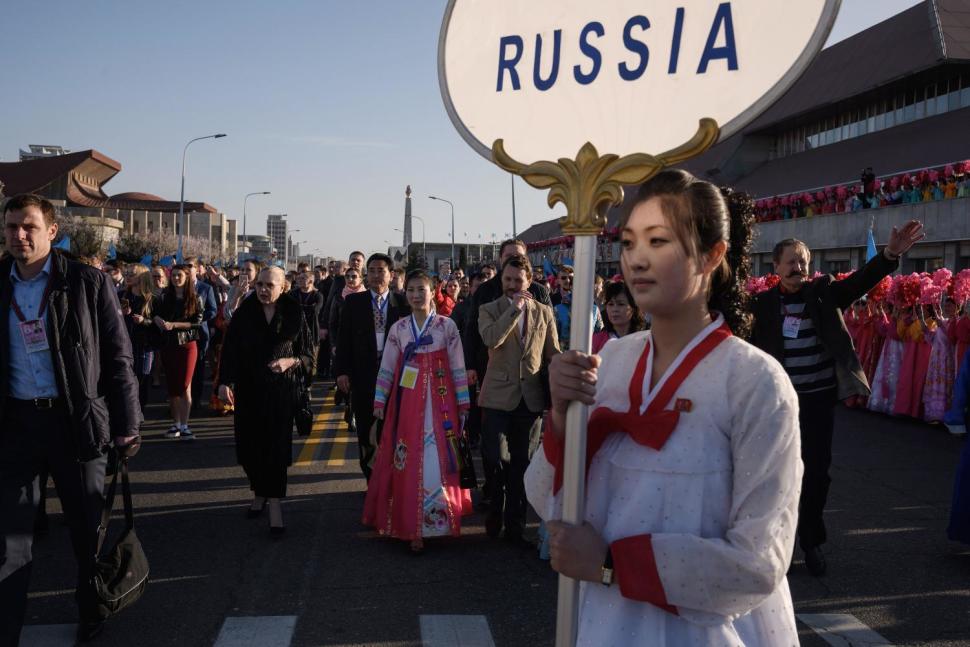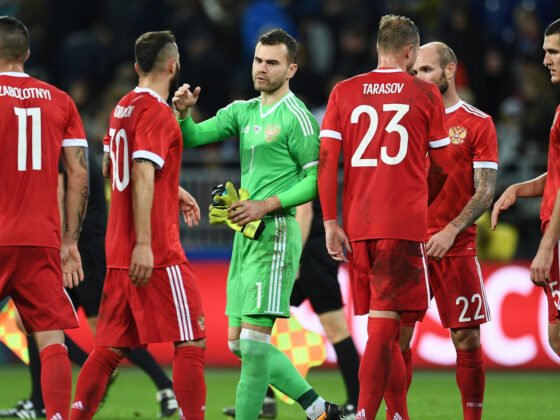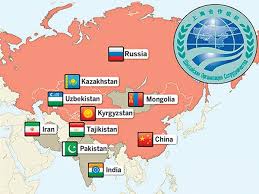(U.S. News & World Report) In January, Russian President Vladimir Putin congratulated Kim Jong Un for establishing a nuclear weapons program that “solved his strategic task,” calling the reclusive 30-something North Korean leader “an absolutely competent and already mature politician.”
Then Putin said the Korean Peninsula needed to be denuclearized.
Moscow’s wavering relationship with its former Cold War ally has become a lynchpin to its ambitions for Asia, and was on display this week in a new meeting in the North Korean capital between Kim and Russian Foreign Minister Sergei Lavrov. […]
“It does because that makes Russia a global player,” says Elizabeth Wishnick, a regional expert and professor at Montclair State University in New Jersey. Recent years have witnessed Russia’s sharp pullback from a decade of strengthening relations with Western partners to instead challenge U.S.-led influence in Europe and the Middle East.
Political thinkers in Russia believe that relations with North Korea were more effective than China’s because, unlike China, Moscow was not in a position to exert similar levels of economic pressure on Pyongyang, Wishnick says.
“So Russia had fewer levers and had long-term economic interests in collaborating with North Korea,” Wishnick says. “I think that’s an optimistic spin on it…Russia didn’t have the leverage, but Russian scholars felt their country could play the role of honest broker.” […]
Read More © U.S. News & World Report











